Overnight, Federal Reserve Chairman Powell stated that,Although raising interest rates to curb economic growth may trigger political shocks, the Fed is firmly committed to reducing inflation.Powell's prepared speech did not comment on the Fed's upcoming interest rate decision, but emphasized the importance of central bank independence and the steps needed to maintain autonomy in policy making.
I thinks Powell's speech is not much new, but from the recent comments of many Fed officials, such as Brad, Bostic, Daley and others, they are all guiding the market expectation, that is, this round of Fed interest rate hike cycle needs to increase the interest rate level to 5.00%-5.25%.
However, Gundlach, founder and CEO of DoubleLine Capital, pointed out that regarding the interest rate trend,Investors should listen to the bond market, not the Fed, that is, the signal from the bond market is correct, and the Fed cannot raise the peak interest rate to more than 5%.
Gangrak pointed out, "With more than 40 years of financial experience, I strongly suggest that investors should pay attention to the market reaction, not the Fed's remarks."
In addition, he also predicted the next round of quantitative easing by the Federal Reserve, which is expected to far exceed the fourth round of QE.
I thinks The Fed does have the possibility of raising the end rate above 5%, but the inflation data to be released may convince the market that the Fed will not do so in the end. At the current total debt level of the United States, even if the interest rate rises only to the range of 4.75%-5.00% in the end, it means that the cost of bond swap in the United States will be as high as 1.2 trillion-1.5 trillion US dollars in the next few years. Obviously, maintaining high interest rates for a long time is unbearable for the Fed. So, isn't recession the best excuse for monetizing debt again?
According to CME "Fed Watch":The probability that the Fed will raise interest rates by 25 basis points to 4.50%-4.75% in February is 79.2%,The probability of raising interest rates by 50 basis points is 20.8%; By March, the probability of raising interest rates by 25 basis points is 16.1%, the probability of raising interest rates by 50 basis points is 67.4%, and the probability of raising interest rates by 75 basis points is 16.6%.
Therefore, we should pay special attention to the fact that the CPI for December, which will be announced in the United States at 21:30 on January 12, Beijing time, is expected to increase at a monthly rate of 0.1% and an annual rate of 6.6%, compared with the previous value of 0.1% and an annual rate of 7.10%.
If the monthly and annual rates of this data continue to decline as expected, or even exceed expectations, then the market will be more convinced that inflationary pressures will ease, and the Fed will have no reason to maintain the so-called hawkish position. Then the most certain scenario that follows is:US stocks rebounded sharply in the short term.
So, are domestic investors and friends going to applaud warmly? No, on the contrary, once the US stock market rebounds sharply in the short term, it will return funds to the US stock market, which will bring adjustment pressure to Hong Kong stocks and A shares. Going high and going low is the most likely scenario.
I wrote in the previous article Didn't I remind you? "Pay attention to the window on January 10th. If the plate changes, it means that we can find a good shopping spot before the Spring Festival."
Now that adjustment is taking place, just wait patiently for new purchases.
$E-mini Nasdaq 100 - main 2303(NQmain)$ $E-mini Dow Jones - main 2303(YMmain)$ $E-mini S&P 500 - main 2303(ESmain)$ $Gold - main 2302(GCmain)$ $Light Crude Oil - main 2302(CLmain)$
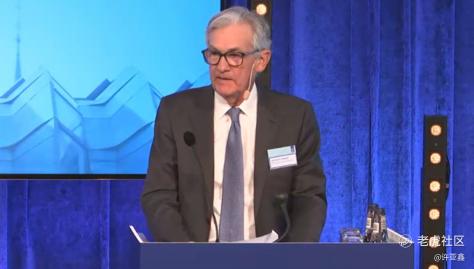
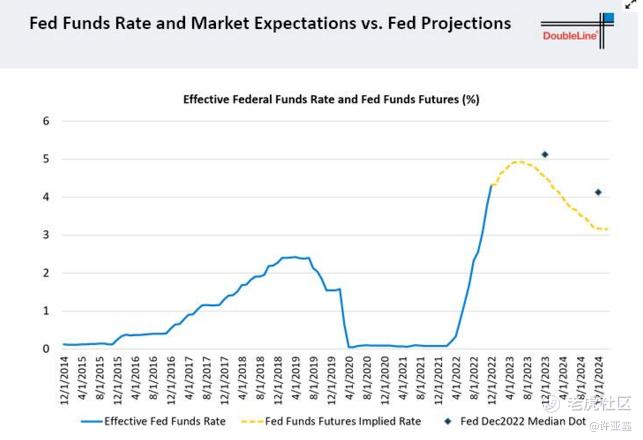
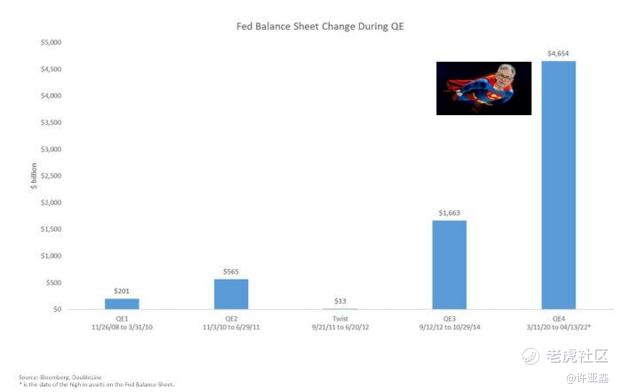
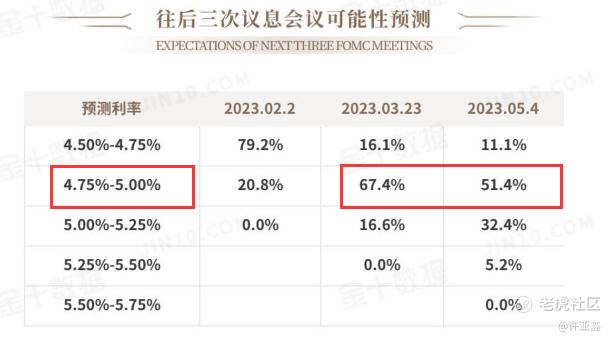
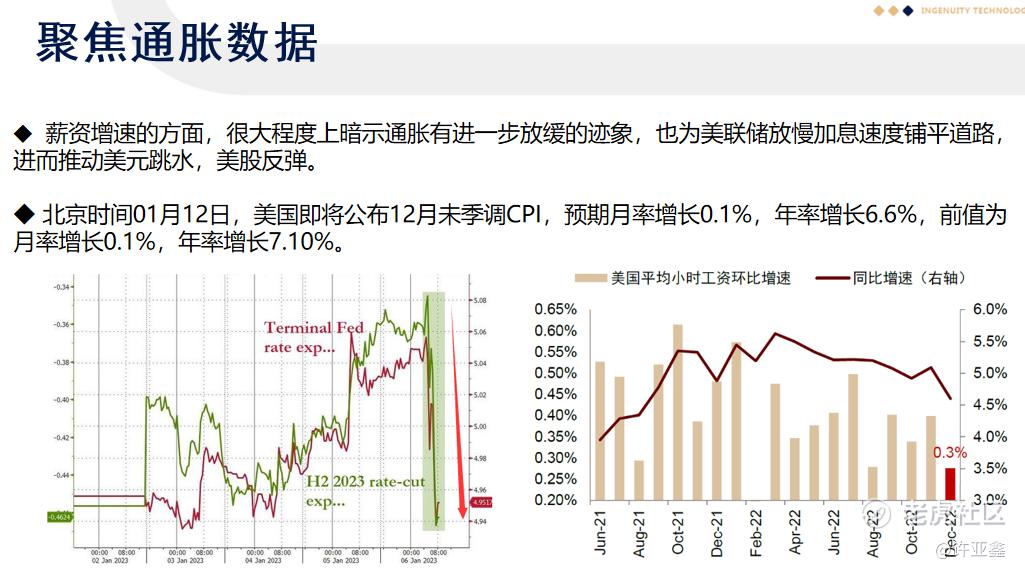
Comments